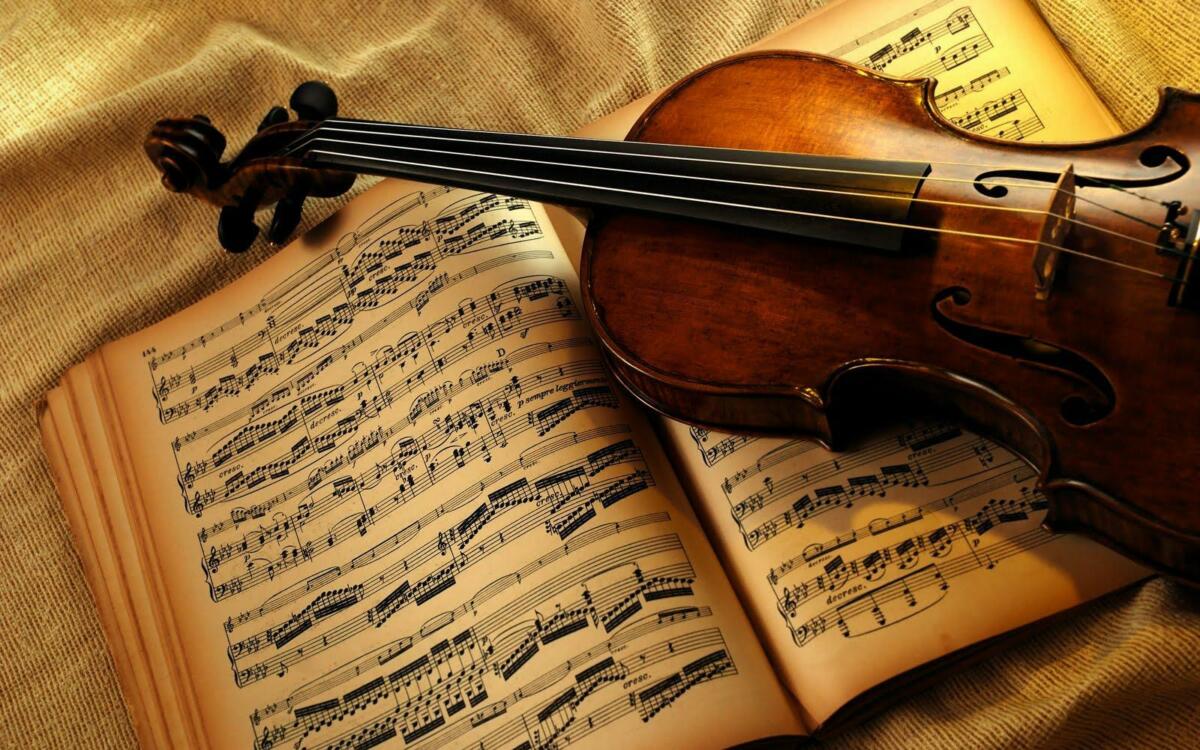Exploring the Master of Music Education
Tuuli shares her journey into, and experience studying, music education at Sibelius Academy, including her background, the program’s structure, and current issues in the field.

Intro
In a podcast interview with student ambassadors, Tuuli discussed her experience in the Music Education Masters program at Sibelius Academy, a program she describes as teaching how to teach music to both children and adults. Listen to the full interview on our little podcast.
Tuuli herself is a master’s student in the program, and will be graduating soon. She plans to become a singing teacher, working with singing groups and choirs, and she also wants to teach musical theater. Tuuli’s background is in a very musical and artistic family, and she chose to apply to music education because of her previous experience teaching.
What is included in the program?
The music education program at Sibelius Academy is versatile, allowing students to learn a variety of skills. Students learn to play different instruments like piano, drums, guitar, and bass, because it’s useful for a music teacher to know the basics. The program also includes lessons in pedagogy, didactics, and music theory in both pop/jazz and classical genres. The curriculum requires students to take an instrument exam in both classical and pop/jazz, which Tuuli found to be an interesting challenge as she came from a pop/jazz background. The program is structured, but offers room for students to choose their courses, such as children’s music or pop production.
Application process
The application process for the program is challenging, with three stages that test musical knowledge, improvisation, and the ability to cope under pressure. Tuuli believes her willingness to learn and lack of pressure helped her get in. She also shares that many students in the department are not excellent at just one thing, but rather “okay in many things,” and most know how to play many instruments. Tuuli advises aspiring music teachers to get experience by teaching and to remember that the real learning starts after graduation. She also emphasizes that artists should remember to take care of their well-being and not be in a hurry to succeed.
How is the music field changing?
Tuuli also mentions a growing feminist approach to music education, which addresses the gender biases in the field, such as the assumption that certain instruments are for boys. She says that music is slowly catching up to other art fields in terms of promoting equality. Tuuli hopes to make the music field more equal by making sure all genres and genders are represented when she shows examples to children.
Life of an art student
In this blog, Uniarts Helsinki students share their experiences as art students from different academies and perspectives, in their own words. If you want to learn even more regarding studying and student life in Uniarts and Helsinki, you can ask directly from our student ambassadors.
Latest posts
Follow blog